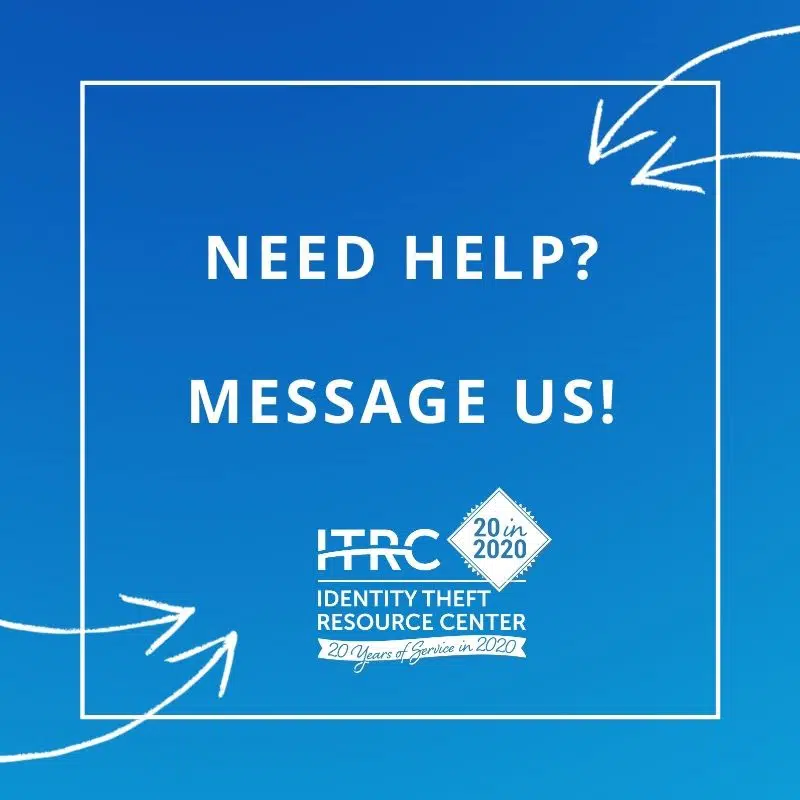Identity Theft Resource Center Contact Center Remains Available during COVID-19 Related Office Closure
Home Help Center Identity Theft Resource Center Contact Center Remains Available during COVID-19 Related Office Closure

A Health Share data breach has exposed the personal information of many of its members. This comes after a laptop was stolen from a company vehicle.
Advances in cybertechnology mean that a hacker can sit anywhere in the world and potentially break into a computer network. New methods and tactics have made it even easier for criminals to steal personal identifiable information (PII), medical records, complete identities and more.
However, that does not mean the threat from “old-fashioned” crimes has diminished. Health Share of Oregon has just announced a data breach of its members’ PII—including names, birthdates and Social Security numbers, but not medical records—due to a laptop being stolen from a vendor’s vehicle. The vendor, GridWorks, provides patient transportation to some Health Share members. A company vehicle was broken into and the laptop was stolen.
Health Share has not been able to determine whether or not the members’ information has been used maliciously by the thief as part of the Health Share data breach. Therefore, the company is providing a year of credit monitoring and identity monitoring to its affected members.
Health Share is already taking proactive steps to prevent this kind of incident in the future. For example, they are conducting audits of their third-party vendors and implementing tech training for any vendors who are able to access member information.
There are also steps that consumers can take both before and after an event such as the Health Share data breach:
Before
- Be mindful of where you share your PII.
- Ask questions about how your data is stored and who can access it.
- Monitor your accounts closely so you can be aware of any problems as soon as you suspect something.
After
- If you are issued a notification letter, keep it for reference.
- Be sure to follow the steps in the letter if any credit monitoring services are offered.
- Watch your accounts carefully for signs of suspicious activity, and be mindful that criminals can use your PII for things like applying for benefits, seeking medical care or even getting a job.
The Identity Theft Resource Center is also available to help those affected by the Health Share data breach, or any other data breach incidents. If you have been the victim of a breach or need more information on protecting yourself, call an advisor at 888.400.5530 or live chat with one.
You might also like…
How much information are you putting out there? It’s probably too much. To help you stop sharing Too Much Information, sign up for the In the Loop.
Get ID Theft News
Stay informed with alerts, newsletters, and notifications from the Identity Theft Resource Center

